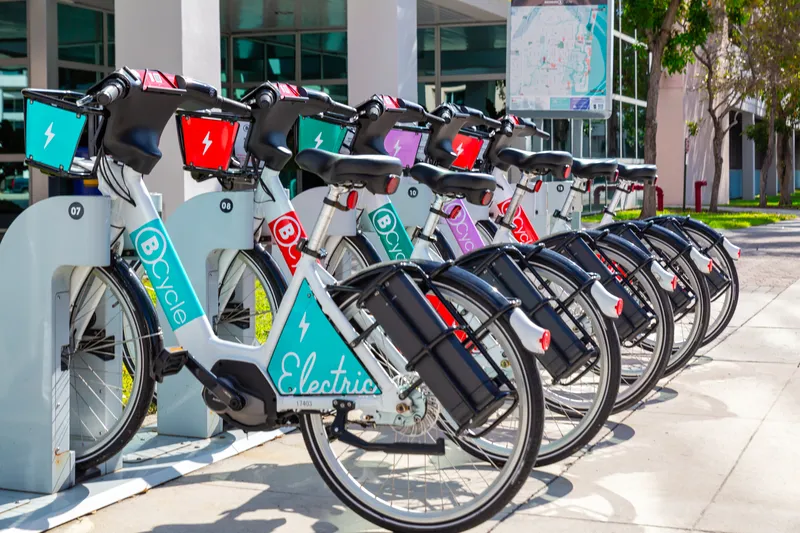
The UK's Greater Manchester urban area will have, from 23 March, contactless ‘tap and go’ payment on trams and buses, an expansion of what exists on the city’s Metrolink.
Passengers still wanting to pay cash or buy tickets can do so, with tickets also available for purchase via the Bee Network app. Fares will be capped automatically to ensure passengers pay the best value fare up to the daily or weekly cap.
“The introduction of tap and go across bus and tram is huge leap forward for the Bee Network,” said Andy Burnham, mayor of Greater Manchester. “We’re working hard to deliver a transport network that is greener, cheaper and more reliable than ever before, and this will be the next big milestone since we brought buses back under local control - on time and on budget.”
The region will also launch on the same day an annual bus and tram ticket that will unlock unlimited travel across both modes.
Customers will be able to spread the payments weekly or monthly – at no extra cost – with the support of a bank loan. Tickets are also available to buy outright from Transport for Greater Manchester ticket offices or via the Bee Network app.
Bus use in Greater Manchester rose by 5% compared to 2023 and is almost back to pre-pandemic levels. As well, last year Metrolink set a record for the number of journeys, with 45.6 million trips in 2024. This beat the previous record set in 2019.
Metrolink is a tram/light rail system with 99 stops along 100km of standard-gauge route, making it the most extensive light rail system in the UK. Plans are already being developed to include all local train services by the end of the decade.
The rail network regularly carried more than four million passengers each month last year, compared to 200,000 per month during Covid.
In the past five years, Greater Manchester has also seen the number of people walking short journeys increase from 52% to 57%. Meanwhile the proportion of short journeys being taken by car is down from 41% to 36%, with trips using Starling Bank bike hire, which reached one million rides last year, also up 16% year on year.
Vernon Everitt, transport commissioner for Greater Manchester, said the positive rises in travel numbers shows that the city is making “positive steps towards realising its ambitions for half of all journeys to be made using public transport or active travel by 2040”.








